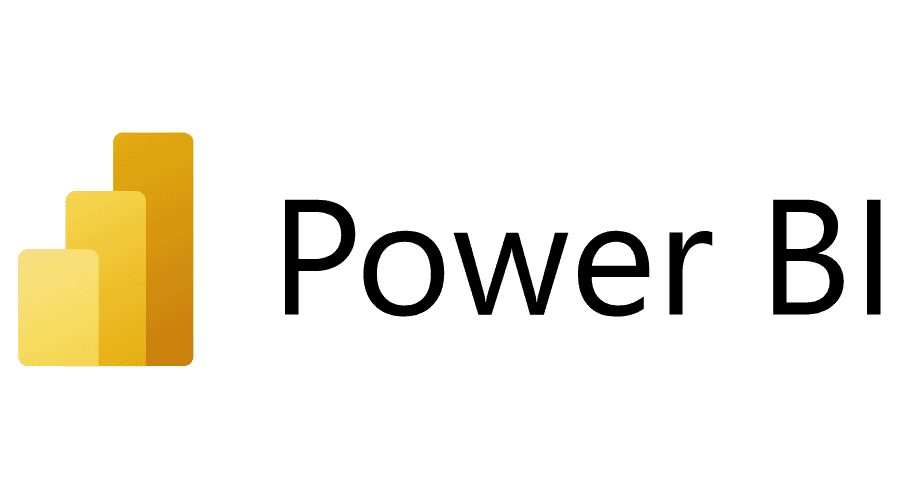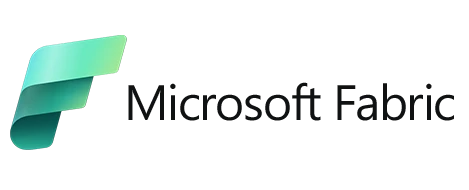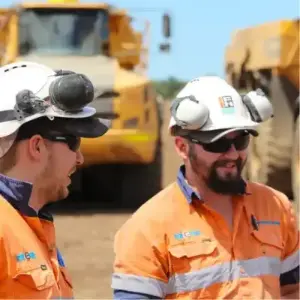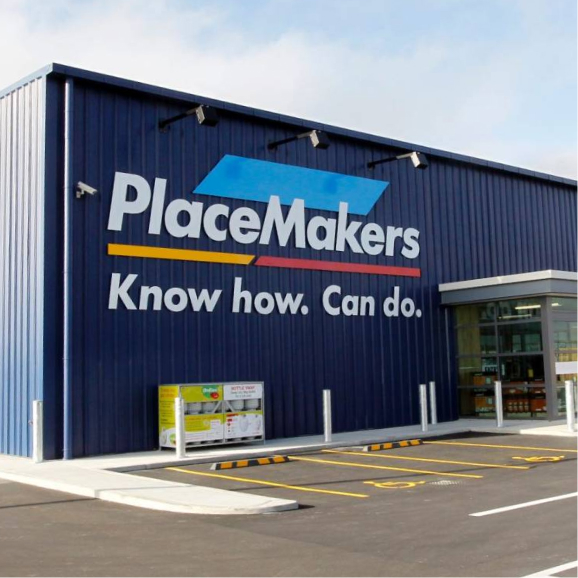2021 was a tough year for all of us. The uncertainty that came about with this year’s outbreak took its toll on me and many others. One of the most challenging outcomes of the subsequent lockdowns was having to put our lives on hold. All we could do was anticipate the day when the pandemic would all blow over, and we could return to our regular lives. But quickly, those days turned to weeks, and weeks to months, with little sign of letting up.
At Adaptiv, many of us had to put aside our hobbies and passions during this time, which didn’t help alleviate our lockdown stress. Thankfully, Adaptiv’s incredible Human Resources team, and our Managing Director thought of a unique idea to improve our wellbeing and put us back on a path towards our hobbies and passions that fuel our happiness.
Enter the Passion Project 2021
The Passion Project was an initiative that would allow Adaptiv employees to spend time each week working on hobbies and passions that had fallen to the wayside to help improve our quality of life and mental health during lockdown.
Each person had five weeks to work on their project, and at the end of that time, share their outcomes with the wider team.
Our Passion Project was a remarkable success, and I am honoured to have taken part in it. I believe the initiative speaks volumes about the character of the company and the value it places on the wellbeing of its employees.
But what was my project?
Growing up in Belgium, my parents spent hours recording the antics of my siblings and me and created numerous home videos. We all cherished the memories they so lovingly created. But after moving to New Zealand – which involved learning a new language and meeting our English-speaking partners – these family videos had more of a barrier to them than they used to.
One being a literal language barrier, another being a time barrier as some of the videos were hours long. And also, there were some questionable baby butts sprinkled in here and there that I would rather not force our partners to see!
As they stood, watching the videos featuring butt-bare Belgian kids speaking relative gibberish would be a big ask for our partners. So, I decided my Passion Project would be to edit these videos into three digestible parts that covered most of my childhood and subtitle the non-English sections so it could go from foreign language gibberish to comprehensive child gibberish instead.
To accomplish this, I needed to brush up and rediscover my passion for video editing, something I had not done in over ten years – but was itching to try again! I’d enjoyed video editing as a hobby previously, so this served as another reason for picking this as my Passion Project idea.
With these things in mind, I set out to complete my three chapters within the five weeks and rediscovered some old skills that I thought were long lost.
So how did it go?
Chapter One worked out quite well, I think.
The raw footage I used had already been trimmed down to size in terms of accessibility, so it only required translation. This allowed me to focus on honing my editing skills before diving into the more technical stuff I would need later down the line.
My siblings and I were also quite young in these videos, making translation easier than the other chapters. These small wins allowed me to take my time relearning video editing and played in my favour.
One of the things I initially struggled with was choosing an appropriate video editing software. I played around with a few free video editing tools but decided these wouldn’t allow me to do what I wanted to achieve. Finally, gripping my credit card, I reluctantly bit the bullet and chose Adobe’s Premier Pro paid services. This, I believe, ended up being the right choice, as it gave me advanced video editing tools (that admittedly was a bit overkill for what I was doing), but also made creating subtitles easy, something the other free software solutions didn’t offer.
Another hurdle during the Passion Project was the translation side. I struggled to understand what was being said, and translating it to English was more difficult than anticipated. So, I asked my dad to help me, and he ended up becoming a crucial part of the project, sort of like a co-director. Spending time with my dad and asking him questions about the period was a truly priceless experience that I did not foresee when going into this.
Overall, this chapter was a nice first step into this project that lay the foundations of what was to come.
It can’t have all been plain sailing, right? (Spoiler, it wasn’t)
While I was on a roll in Chapter One, smashing through my editing goals, the second chapter almost proved to be my downfall.
Similar to the first chapter, Chapter Two was already trimmed down to size, which made editing the footage easier, but I hadn’t anticipated how much small kids talk, something I’m sure every parent out there can attest to! So naturally, more gibberish from little kids meant many more hours of painstakingly translating Flemish to English. It ranged from simply asking mum and dad if we could see the camera (my obsession with tech started at an early age), to singing a normally harmless festive song completely wrong, to the point where it was borderline naively offensive.
I enjoyed spending quality time with my dad and learning a lot from him. It was undeniably more of a slog to work through, but work through it we did, and I’m happy with the product.
And finally, the home stretch
The third and final chapter was challenging, but also the most enjoyable for me.
It was the only chapter of the three that had not been trimmed down to size. It really tested my video editing capabilities and presented me with more difficult creative decisions that ended up being incredibly rewarding. There was still a significant amount of translating work required, but it was nowhere near as tedious as the previous chapter. And by this point, I had gotten quite good at it.
Looking back at it now, I enjoyed the challenge this chapter provided the most.
So, all in all, how did it go?
Once I completed my Passion Project, my colleagues and I got together and shared what we had each accomplished.
Seeing the different hobbies we all had was special. I learned so much about what makes us all tick, and so many ideas that people came up with were incredibly inspiring.
The sense of pride that I felt coming out of this journey for not only what I had achieved but inspired by what everyone around me did too. This was something that I truly needed during this difficult period.
I’m incredibly grateful to Adaptiv for giving me this opportunity. I think this project was unique and, to me, a resounding success.



















